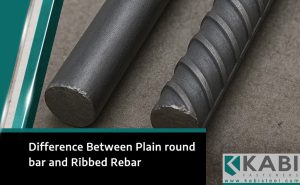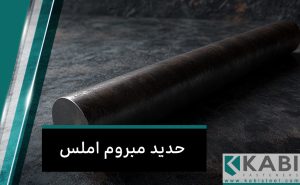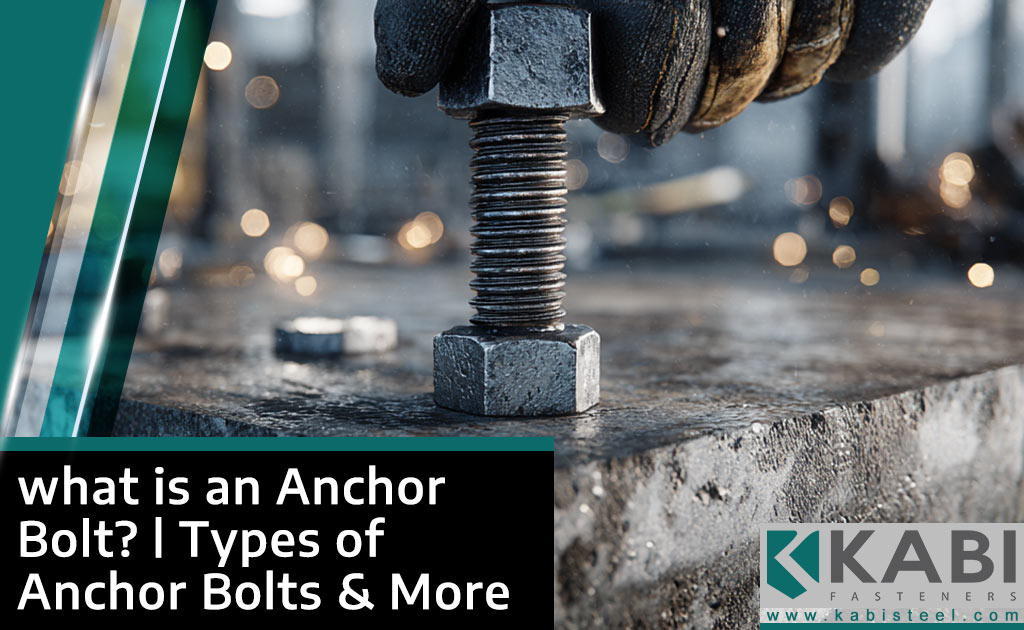Anchor bolts are among the most important components used in industry, steel industries, oil, gas and petrochemical sectors, as well as in construction and civil engineering. They are designed to securely connect structures to concrete, metal, or other surfaces. Anchor bolts have a wide range of applications, such as installing industrial equipment, metal structures, bridges, dams, and even in mechanical and automotive projects. Due to the variety in their designs and materials, anchor bolts are considered an ideal option for increasing structural strength and preventing unwanted movement of equipment. In this article, we discuss the details of this tool, its types, advantages, and its applications in industry.
What is an Anchor Bolt?
An anchor bolt is a mechanical fastener used to secure different objects to hard surfaces such as concrete or stone. This device is typically made from high-strength steel and is generally classified into two main groups: mechanical anchor bolts and chemical anchor bolts. The selection of the appropriate type depends on factors such as load capacity, environmental conditions, and the type of mounting surface.
Industrial Applications of Anchor Bolts
Anchor bolts play a vital role in the enhancement of strength and safety across various industries. Some notable applications include:
- Construction and Civil Engineering: Used to secure columns, steel structures, and plates to concrete.
- Installation of Industrial Equipment: In oil, gas, and petrochemical industries, anchor bolts are used to fix heavy machinery and equipment.
- Infrastructure Projects: Employed in dams, bridges, tunnels, and hydroelectric power plants to enhance safety and durability.
- Seismic-Resistant Structures: Chemical anchor bolts are commonly used in projects requiring high vibration resistance.
Advantages of Using Anchor Bolts
- Enhanced strength and stability of structures
- Quick and easy installation
- High resistance to both dynamic and static loads
- Usable in humid environments and harsh weather conditions
How to Select the Right Anchor Bolt
- Type of substrate (concrete, brick, stone, or metal)
- Load and lateral forces applied
- Environmental conditions (humidity, temperature, chemicals)
- Compliance with safety standards and requirements
Key Factors in Purchasing Industrial Anchor Bolts
In general, the selection and purchase of industrial anchor bolts depend on the type of project, application, and environment. The two main aspects to consider are:
1. Type of Anchor Bolt
- Mechanical Anchors (such as Expansion Bolts) – Ideal for solid concrete
- Impact and Threaded Anchors – Suitable for lighter loads and softer substrates
- Expansion Anchors – For steel structures and heavy-duty connections
2. Material and Coating of Anchor Bolt
- Galvanized Steel: Corrosion-resistant and suitable for humid environments
- Stainless Steel: Best choice for corrosive environments
- Carbon Steel with Zinc Plating: Suitable for dry and indoor environments






